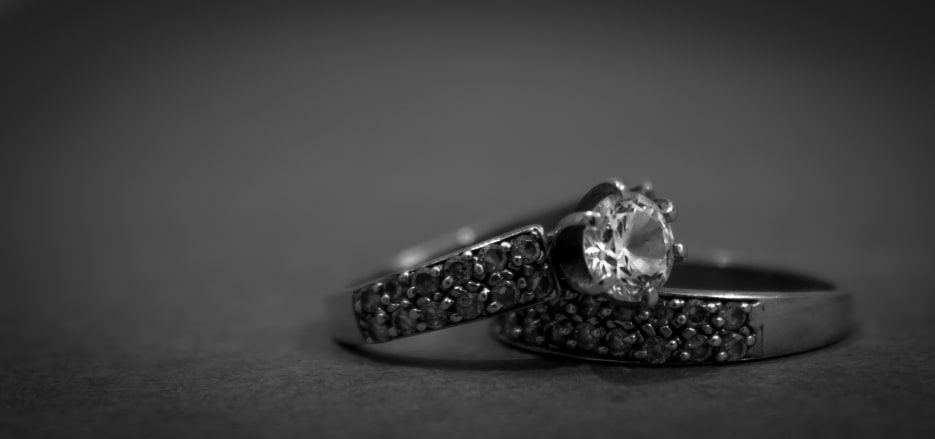We’ve all heard “it’s not personal” when it comes to keeping emotion out of business and money matters. But when it comes to giving away our most cherished possessions – or inheriting items with sentimental value from close family members – the matter feels very personal indeed!
Many folks would rather avoid conflict of any sort and shy away from making decisions about who should ultimately inherit their things -- including antiques, cars, jewelry and valuable collectibles. That’s because personal property often carries emotional baggage that has nothing to do with the monetary value of the item. (Think of mom’s pie plates, dad’s tool-box, or the souvenir t-shirt picked up during that once-in-a-lifetime trip to Europe!)
I work within the Private Wealth team at First Business Bank. In that capacity I see that the biggest conflicts in families – usually between siblings-- arise not over money, but over the “fair” disposition of the contents in mom and dad’s house.
Even a well thought-out plan for disposing of personal property will not prevent all potential problems. If you ever find yourself in this situation, here are five things you can do to minimize family conflict over personal property:
- Put names on items going to particular people – whether or not those items have monetary value. Even better, make a list with as much detail as possible and include it with your Will or Trust. Most estate planning documents will require the executor or trustee to refer to and honor such lists when disposing of property.
- Give it away during your lifetime. People discount how much pleasure there is in making a meaningful gift and hearing the “thank-you!” while they’re still alive. Go ahead and give your daughter your mother’s wedding ring if you want her to have it. Don’t hope it will somehow make its way to her after you die.
- Talk about it! Take the time to speak to your children, grandchildren and other family members during a non-charged family gathering. (Don’t pick Thanksgiving dinner as the time to announce you’re giving everything in the house to Suzy!) Instead, pick a quiet moment to discuss with family what items are going to whom and why. Then follow up in writing. Remember, a trusted advisor can also act as an intermediary for you with your family if talking about death, money or property is difficult for you.
- Name a corporate trustee or personal representative to settle your estate. Sometimes having a neutral third party help make the decisions about the method of dividing up property and supervising the fair disposition of the items after death will take the emotion out of the situation. Having a professional administer your estate also removes the claims of favoritism or bias. Finally, a corporate trustee is in the best position to hire outside appraisers and experts to assist with the valuation and disposition of any unique collections.
- Complete a well thought-out estate plan. Be sure your documents give your family a constructive way to resolve potential conflicts. For example, you could specify that an estate sale be held. When items with emotional value come up, family members can actually bid on them, and the money from the sale goes back to the estate to be divided up. Or you can equalize gifts. You might give the Steinway piano to the only piano-player child in the family, but then consider equalizing the payments to other siblings so there are no hard feelings about this outsized gift.
Unfortunately, arguments over inheritances can bring to the surface latent, long-standing sibling rivalries or negative family dynamics. Be proactive in assuring your family’s well-being by following these tips!





